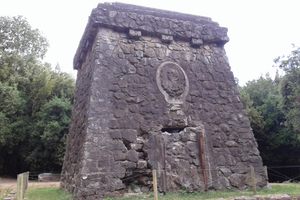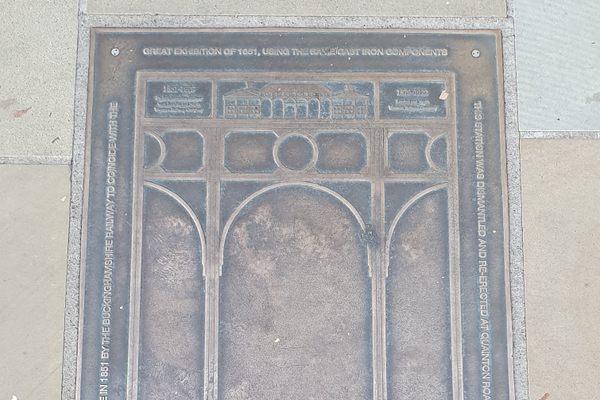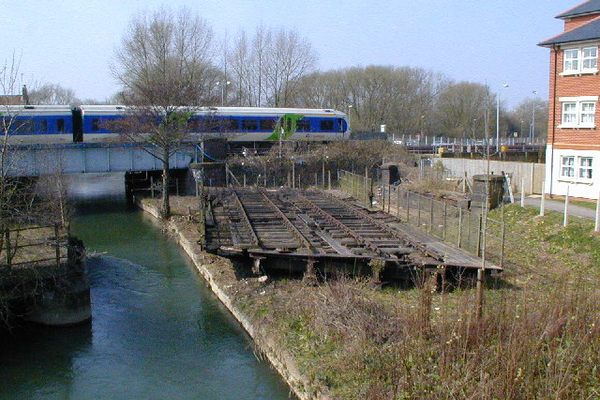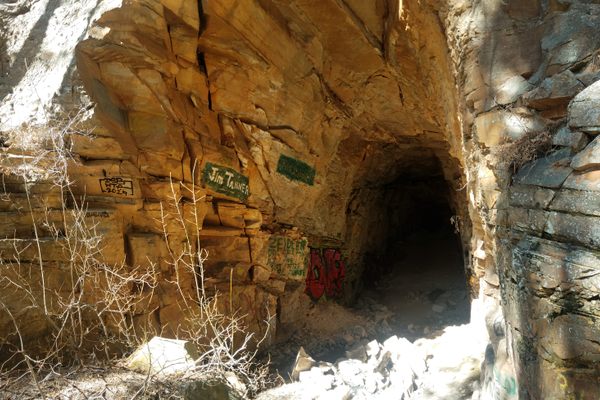About
Big, bold, bright yellow, and resembling a giant childs’ construction set, the stunning Malleco viaduct soars above the rapids of the Rio Malleco in Collipulli. When it was constructed in 1890, it was considered the tallest railway bridge in the world. It has survived numerous earthquakes and still carries rail traffic between the north and south of Chile today.
Building the viaduct was deemed important for the rapid economic development, colonization, and consolidation of the newly conquered lands in the south of Chile, which were taken from the Mapuche tribe during the campaign of the Occupation of Araucanía, which ended in 1883.
The concept of spanning a gorge in such a seismically active region with a steel bridge was the idea of Chilean engineer Victorino Aurelio Lastarria. Chile’s President José Manuel Balmaceda tasked the French ambassador to find the best engineers in Europe to submit designs to realize Aurelio Lastarria’s plan.
A popular local belief holds that Gustave Eiffel, the architect who designed the Eiffel tower in Paris, was the successful architect. But in fact, though Eiffel did indeed submit a proposal to the Chilean government for the viaduct, the project was awarded to a rival Parisian architect Schneider et Cie. O Le Creusot.
Unbelievably, the steel framework of the bridge was constructed in sections in France and shipped to Chile before being transported by train on the then-incomplete railroad to the site for assembly. At 1,140 feet long, the 335-foot-high steel bridge is thought to weigh an excess off 1,500 tons. Today, it’s a designated Chilean National Monument and is included on UNESCO's tentative list for Chile.
Related Tags
Know Before You Go
The viaduct is easily visible from the neigboring road bridge on the Ruta 5 Highway, which forms Chile's part of the Panamerican highway, just south of the town of Collipulli. For a closer look, leave the Ruta 5 at Collipulli and take the R-336 where there is a dedicated viewpoint and tourist information.
Published
June 11, 2018


























